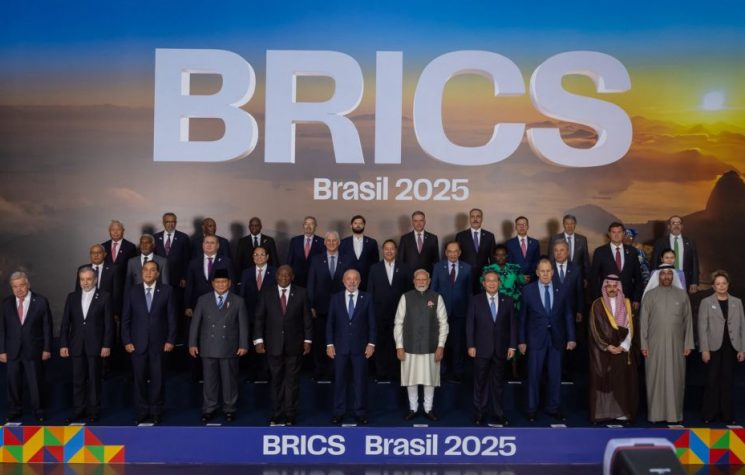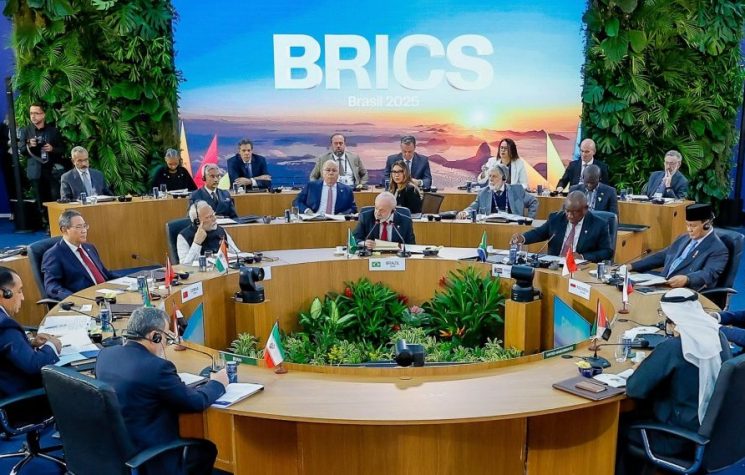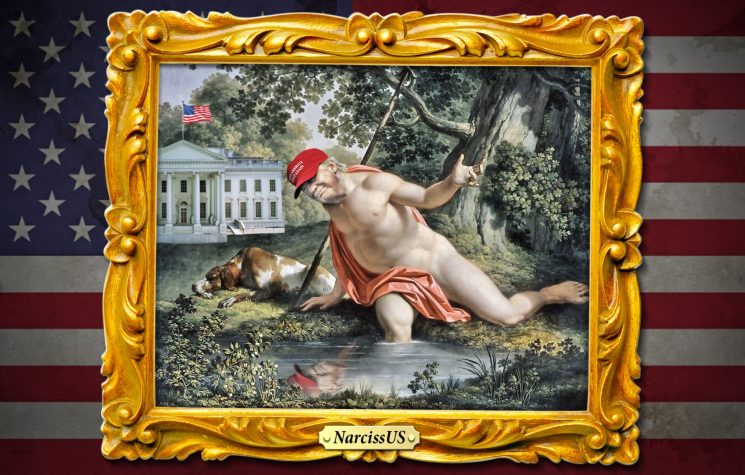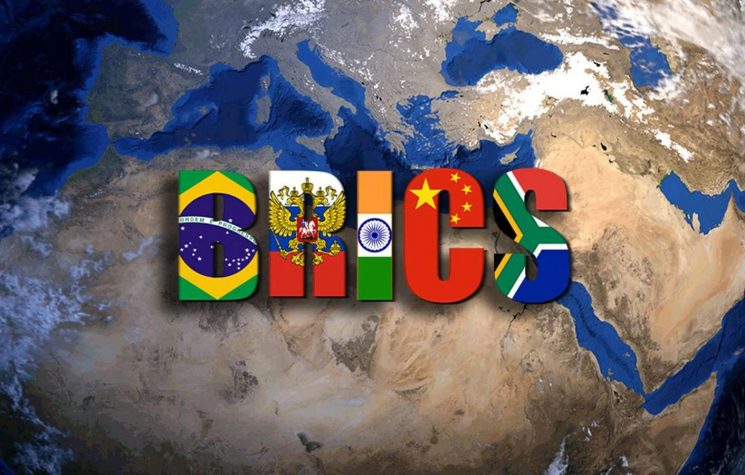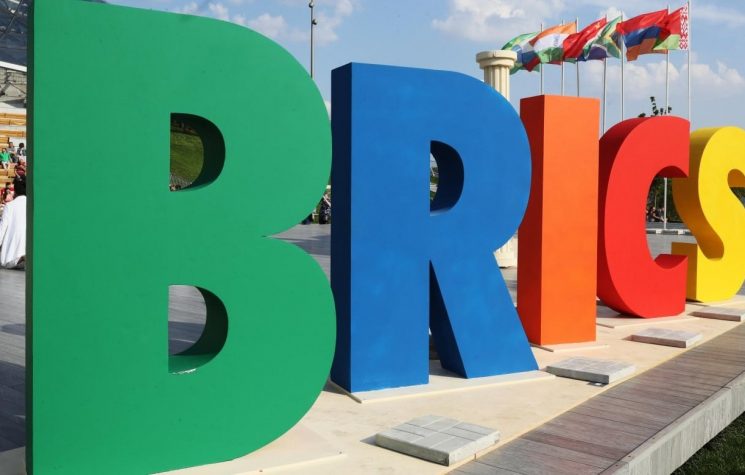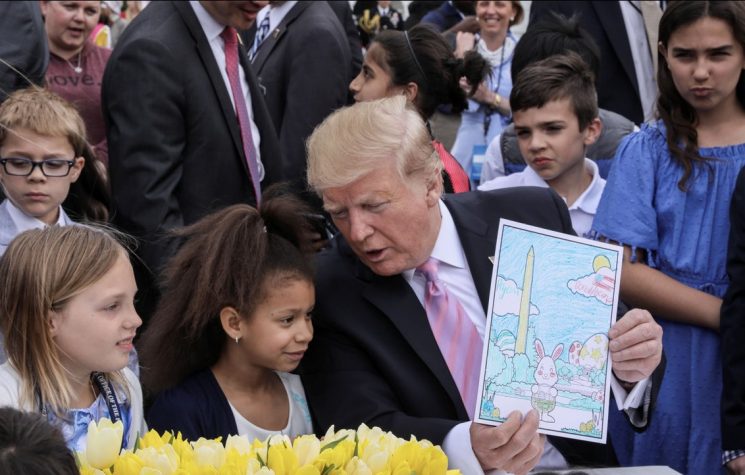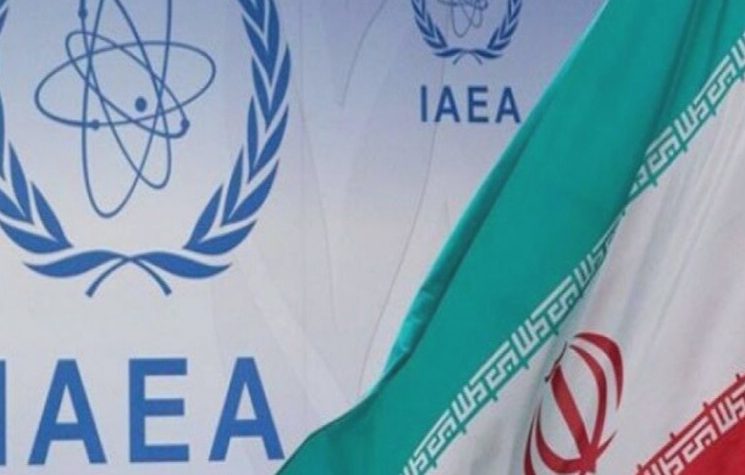BRICS TV offers tangible hope that salvation might yet be at hand, as those Chinese schoolkids and Russian ballerinas set their gazes on kitchens and cultures new, novel and exciting. Do yourself a favour and check it out.
Contact us: info@strategic-culture.su
Treat yourself by checking out, at both the macro and micro levels, BRICS TV, a wonderful, new digital TV station based in Moscow but with partners in China, India and other, equally exotic locales in the BRICS alliance.
At the macro level, BRICS TV is already a success, as it shows that the BRICS nations can launch an enterprise as complex, daring and groundbreaking as this. The layout is easy on the eye and the content is easy on the head. A lot of work has gone into getting this project off the ground and on the trajectory to guaranteed success. Russian Seasons, Emirates News Agency, African Energy Week, El Cuidadano and BRIC TV’s many other anchor partners should take a bow for a job well done.
Ditto for TV 9, India’s biggest TV network, for coming onboard with this exciting initiative, which is easy to conceive but much harder to make concrete. With the seasoned professionals of India and China onboard, lack of content should not be an issue.
Just as the proof of the pudding is in the eating, so also is the value of a TV station in its content. Though BRICS TV is casting a wide net, it is fishing strategically for its target market. Though the confident Chinese schoolkids offering their cuisine to their Russian equivalents can easily hold their own against all comers, I particularly liked the various series on Chinese phonetics, Russian stars cooking Chinese dishes, tea tasting, Chinese tea culture, Indian mangoes in Russia, Iranian carpets, Iranian saffron (the red gold), Siberian gold, as well as on the music of the BRICS countries, the language of dance and the children of the Arctic cartoon series (eat your heart out Masha and Mishka).
Not only that but I sent a link to the Scottish dancing episode to some Scottish friends of mine, who were as impressed with the dancing, as I was by the pipes and that there was a small contingent of Russians into both Scottish dancing and that most wonderful of all the woodwind instruments.
Not that the Scots had it all to themselves. Other episodes in the series treated us to some fancy footwork from Spain, the Caucasus, Egypt, India, Cuba and the Pope’s old Buryatia sparring partners of Siberia. And, although I have never made it to Siberia (and hopefully never will), the Chukotha’s moves brought back some happy memories of my time amongst their distant cousins in Greenland.
Not, by any means a moot point, as Riverdance long ago showed that music and dance transgress not only borders but nations and entire continents as well. Forget the anthropologists, the sociologists and the other larpers. Series like these can do better than move mountains. They can move people together, in this case dancers and the billions of the BRICS nations who love music and dancing.
The same goes with food. And, though I have no doubt those Chinese kids we already met could hold their own in any culinary arena, I was particularly taken by the Russian starlets trying their luck in a Chinese kitchen (nice lamb with leeks, Katya Gershuni) and by the large and eclectic variety of dishes the various BRICS communities prepare for the New Year, just as much as I was taken aback by the eclectic amount of sports personal trainer Olga Bubnova seems to have mastered.
Although there is also a series on Pushkin’s poetry to keep our Ukrainian friends hot under the collar, that is almost incidental to the main thrust of this excellent TV initiative, which is to bring people together by their love of all that is good in life.
Although TV BRICS has been on the road since 2017, I only heard about it recently, and so cannot say how far it has progressed since its conception. What I confidently can say is that it has a golden future as it seems to be eschewing the fast lane for some tried, true and trusted recipes for success, only a small sample of which we have already mentioned.
Although it is a good thing Chinese and Russian kids are exchanging recipes, it is perhaps even better that Russians are looking to China and India for inspiration in the kitchen. Not only is the potential for cooperation there enormous but there are publishing houses like Periplus, with which I was formerly involved, that have built their fortunes on that certainty.
If it comes to a culinary shoot out, then Iran and Syria both deserve to be there at the death as their food, in my opinion, is superb. Though Iran is the only country I have been in that I made a point of visiting the kitchen to lavish praise on the chef, I am sure half of France and Italy would fly to Tehran in a shot to take some notes and even to take home some of their wonderful saffron, the world’s best, which is almost impossible to sell because of NATO’s sanctions.
My hope is that Iranian saffron will be one of the many beneficiaries of TV BRICS culinary successes. And, though I can hope, BRICS TV is making silenced hopes a reality by stirring interest in its viewers in Iranian cuisine and through it, in saffron and the other world-class spices Iran has in abundance
And not just Iran. NATO’s war on the peoples of Iraq and Syria has destroyed a huge number of industries from soap and plum juice to furniture making and carpet weaving, simple trades simple people plied to keep their simple lives on the road but which were all torched by NATO for selfish reasons we need not go into here.
BRICS TV offers tangible hope that salvation might yet be at hand, as those Chinese schoolkids and Russian ballerinas set their gazes on kitchens and cultures new, novel and exciting. Do yourself a favour and check it out.








